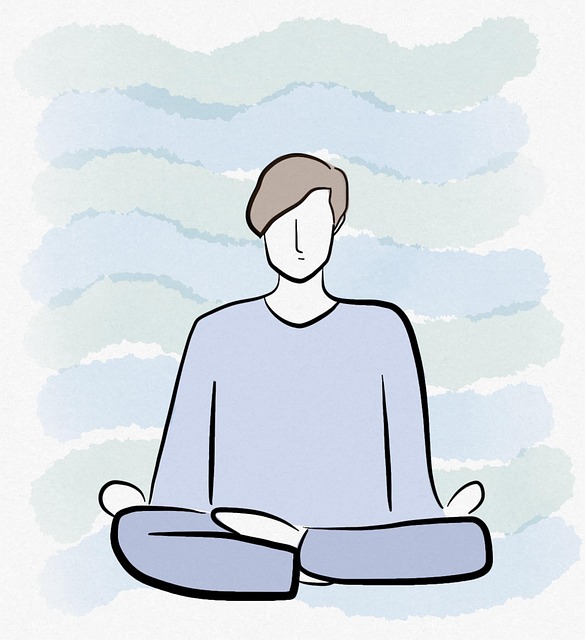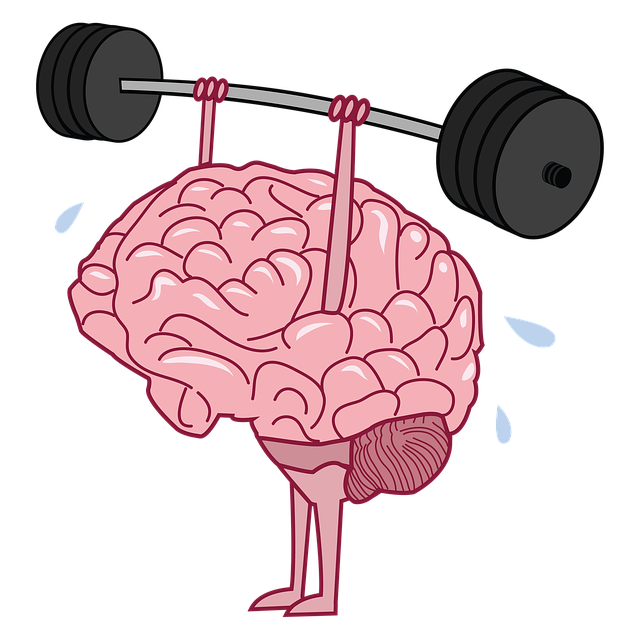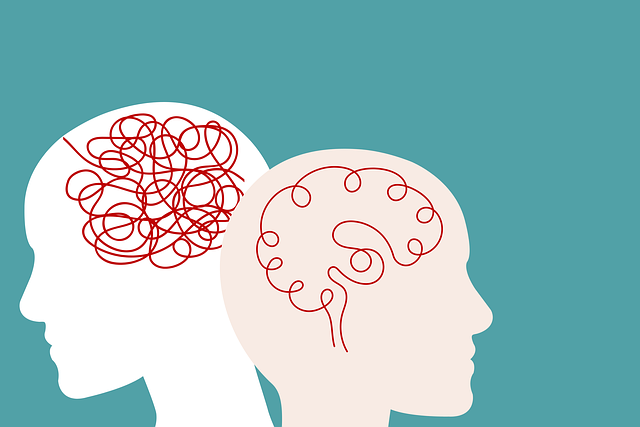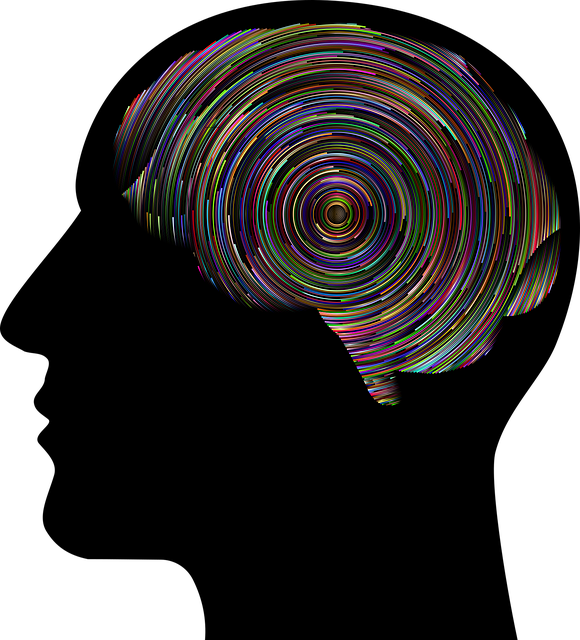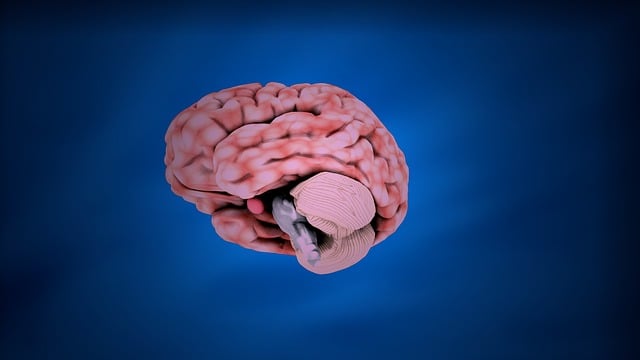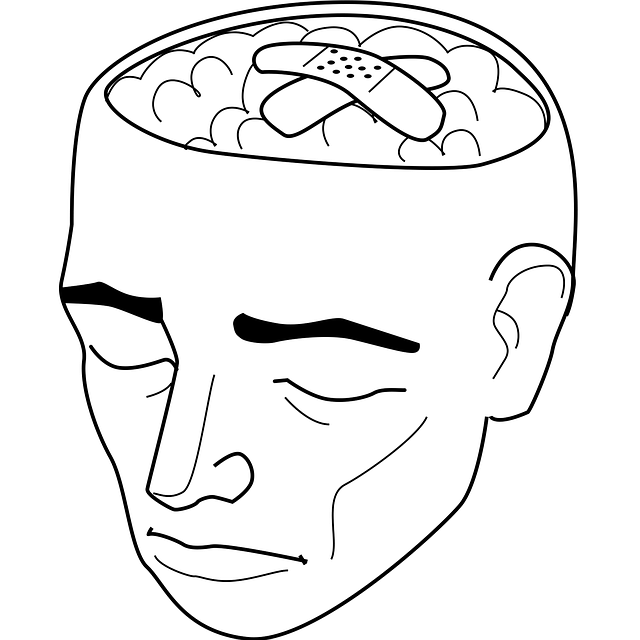Mental wellness apps, particularly those focused on Therapy for Adults Major Life Transitions, are gaining popularity to address unmet needs during significant life changes. These apps offer personalized coping strategies, mindfulness meditation, and self-care routines backed by evidence-based techniques to enhance mental health outcomes. Key features include mood tracking, secure journaling, goal setting, community forums, and regular content updates. Effective apps reduce stigma through inclusive design, foster peer support, and encourage regular use with engaging features, ultimately supporting individuals navigating career shifts, relationship changes, or retirement.
In today’s fast-paced world, mental wellness app development is more crucial than ever. This article explores the intersection of technology and therapy for adults experiencing major life transitions. We delve into understanding common mental health challenges during these shifts, highlighting market gaps in existing therapy apps. By examining key features for effective support, we provide insights into creating successful solutions. The development process, from user research to design and testing, is dissected to ensure app success in addressing Therapy for Adults Major Life Transitions.
- Understanding Mental Wellness and Adult Life Transitions
- Market Needs and Gaps in Therapy Apps
- Key Features for Effective Therapy for Adults App
- Development Process and Considerations for Success
Understanding Mental Wellness and Adult Life Transitions

Mental wellness is a crucial aspect of adult life, encompassing emotional, psychological, and social well-being. As individuals navigate major life transitions, such as career changes, relationships, or retirement, their mental health can be significantly impacted. These transitional periods often bring about stress, anxiety, and uncertainty, highlighting the need for effective support systems. Therapy for adults facing major life transitions plays a vital role in helping them manage these challenges.
Understanding these transitions is essential to fostering resilience and building confidence. Many apps designed for mental wellness focus on providing tools for mindfulness meditation and other practices that promote emotional balance. By integrating these strategies into their routines, users can enhance their ability to cope with stress, build resilience, and ultimately improve their overall mental wellness during life’s twists and turns.
Market Needs and Gaps in Therapy Apps

The market for mental wellness apps is growing rapidly as people increasingly seek digital solutions for their psychological well-being. However, there are still significant needs and gaps in therapy apps that developers can address. While many existing apps focus on general stress reduction or anxiety management, there’s a distinct lack of comprehensive applications tailored to adults navigating major life transitions. These transitional periods, such as career changes, relationships ending, or the birth of a child, often trigger unique mental health challenges that require specialized support.
Traditional therapy approaches may not be readily accessible to all due to geographical restrictions, financial barriers, or personal preferences for digital solutions. Thus, there’s an opportunity to create apps that offer personalized coping skills development, mindfulness meditation practices, and self-care routine suggestions tailored to the specific needs of adults undergoing significant life changes. By incorporating evidence-based techniques and providing regular support, these apps can play a pivotal role in fostering better mental health outcomes.
Key Features for Effective Therapy for Adults App

An effective therapy for adults app should incorporate several key features designed to support users navigating major life transitions and fostering mental wellness. Firstly, a robust library of evidence-based exercises tailored to various therapeutic modalities is essential. This includes resources for conflict resolution techniques, compassion cultivation practices, and mindfulness meditation—all proven strategies for managing stress and anxiety during challenging times. These exercises should be easily accessible and customizable, allowing users to tailor their experiences based on personal preferences and progress.
Additionally, the app must offer a safe and supportive space for self-reflection and journaling. Features enabling users to track their moods, set achievable goals, and reflect on their experiences through written expression can significantly enhance therapeutic outcomes. Integration of virtual group sessions or forums could also foster a sense of community, providing peer support and opportunities for sharing insights gained during major life transitions.
Development Process and Considerations for Success

The development process for a mental wellness app must be thoughtful and inclusive to ensure its success in supporting users navigating therapy for adults experiencing major life transitions. It involves careful consideration of features, content, user experience (UX), and accessibility. The app should offer personalized tools tailored to individual needs, such as mood tracking, meditation practices, and cognitive-behavioural techniques, while also fostering a sense of community through peer support forums or group sessions. Incorporating evidence-based therapies and regularly updating content based on the latest research in mental health is essential for maintaining its effectiveness.
Beyond technical development, addressing the Mental Illness Stigma Reduction Efforts through thoughtful language and inclusive design is crucial. The app’s interface and messaging should be sensitive to diverse user identities, ensuring a safe and non-judgmental space. Additionally, integrating features that encourage regular use and engagement, such as rewards systems or progress tracking, can enhance user retention. Considering production of a Mental Wellness Podcast Series or implementation of a Community Outreach Program can further expand the app’s reach and impact, fostering connections within a broader network of support.
The development of mental wellness apps, particularly those tailored for adults navigating major life transitions, presents a promising avenue to enhance access and quality of care. By addressing market needs and gaps in existing therapy apps, developers can create effective tools that support users’ mental health journeys. Incorporating key features such as personalized content, interactive exercises, and seamless integration with professional services is essential for success. Through a thoughtful development process that considers user experience, privacy, and ethical guidelines, we can harness the power of technology to foster resilience and improve overall well-being during significant life changes.



